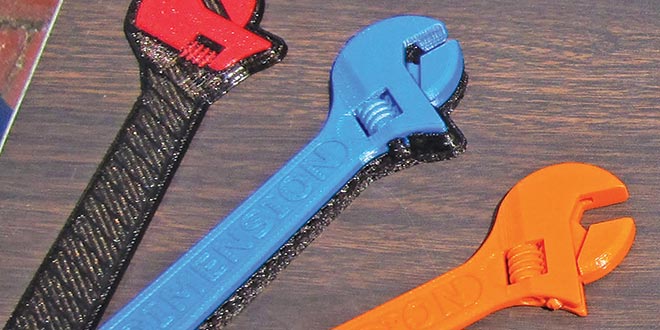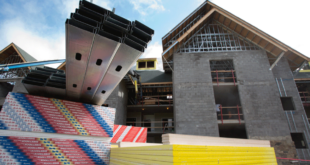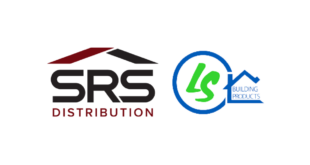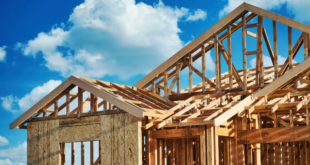Here is a way to promote DIY projects that you may want to investigate: Fab Labs.
The concept is part of a movement to provide everyday people, often in lower-income areas of the U.S., with access to laboratories for tinkering with tools, 3-D printers and other devices for DIY projects. These labs vary in size, provide equipment and materials for projects and are typically open to the public.
Bill Lee, president and CEO of the North American Retail Hardware Association, toured a Fab Lab in France at the end of 2015. Innovative French home improvement chain Leroy Merlin had opened the space adjacent to one of its stores for consumers to use.
The French lab was outfitted with an extensive woodworking shop, 3-D printers, large-format laser printers, metal lathes, powder-coating machines and high-end sewing machines. However, a more typical home improvement retailer might take the idea and outfit a lab with home improvement-specific tools, he says.
A Fab Lab is typically overseen by people who know how to use the machines and can help users think through project ideas, create prototypes and then make final products, according to David Richardson, chairman of the United States Fab Lab Network.
Like home improvement stores, the labs provide users opportunities to create solutions to problems. The projects created at Fab Labs don’t necessarily relate to home improvement, but supplies used and some of the unique creations coming out of Fab Labs do.
“There has to be a problem that needs a solution,” Richardson says. “When there is a problem, that’s when a Fab Lab becomes a playground.”
For example, two girls wanted to build a toolbox that was vertical and organized into compartments so hand tools wouldn’t get jumbled inside, he says. At a Fab Lab, they made the toolbox they envisioned.
Home improvement retailers could support Fab Labs in their communities by providing warehouse space or materials for projects, or opening Fab Labs of their own.
About 200 of the labs are located throughout the U.S., and are overseen by organizations including colleges, high schools, museums, a churchand a library. A map of many of these locations can be found at
www.fabfoundation.org/fab-labs.
 Hardware Retailing The Industry's Source for Insights and Information
Hardware Retailing The Industry's Source for Insights and Information








